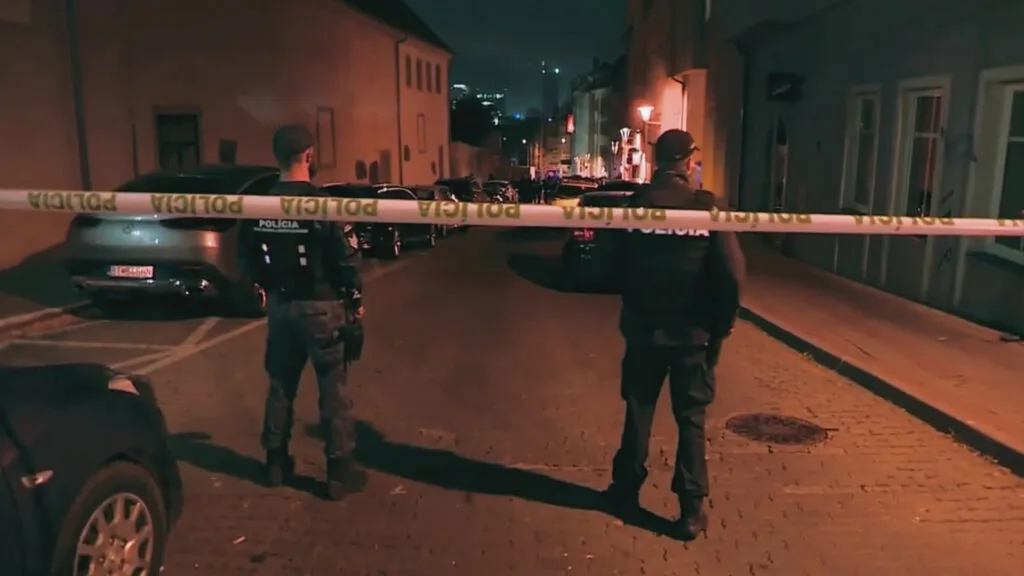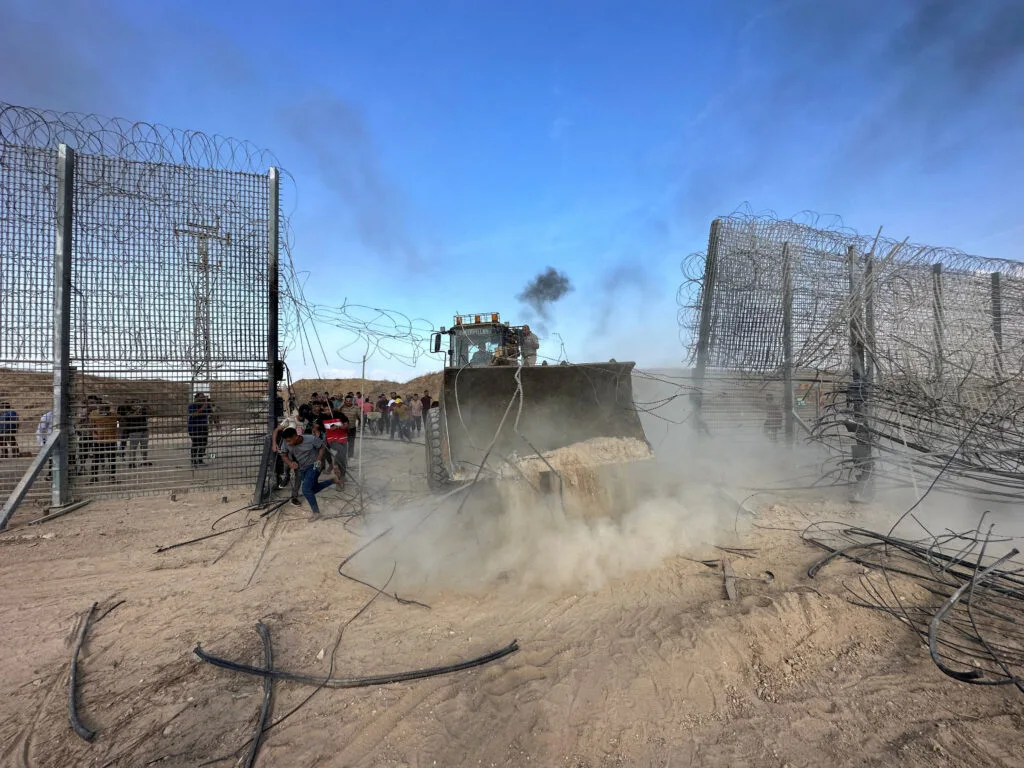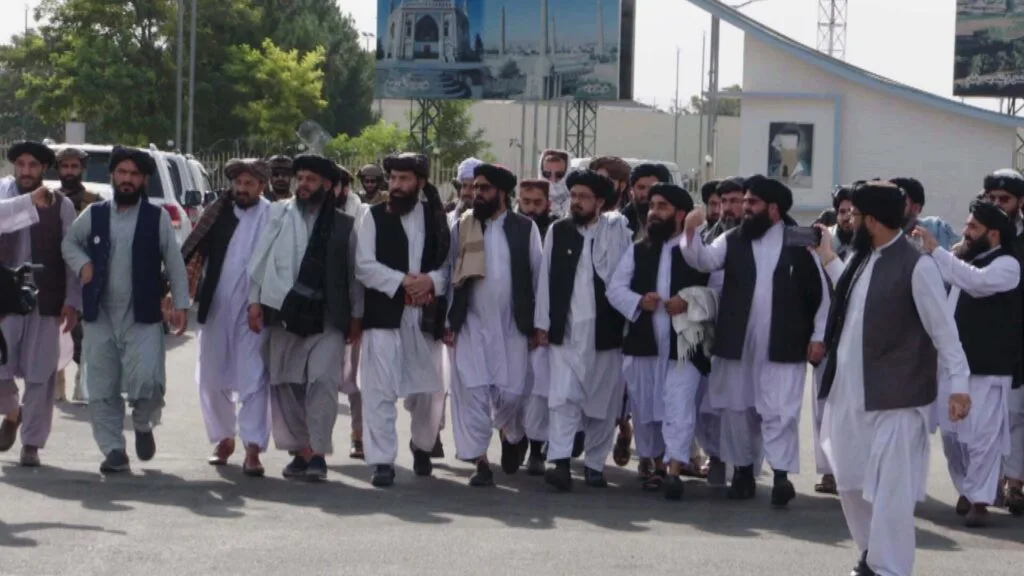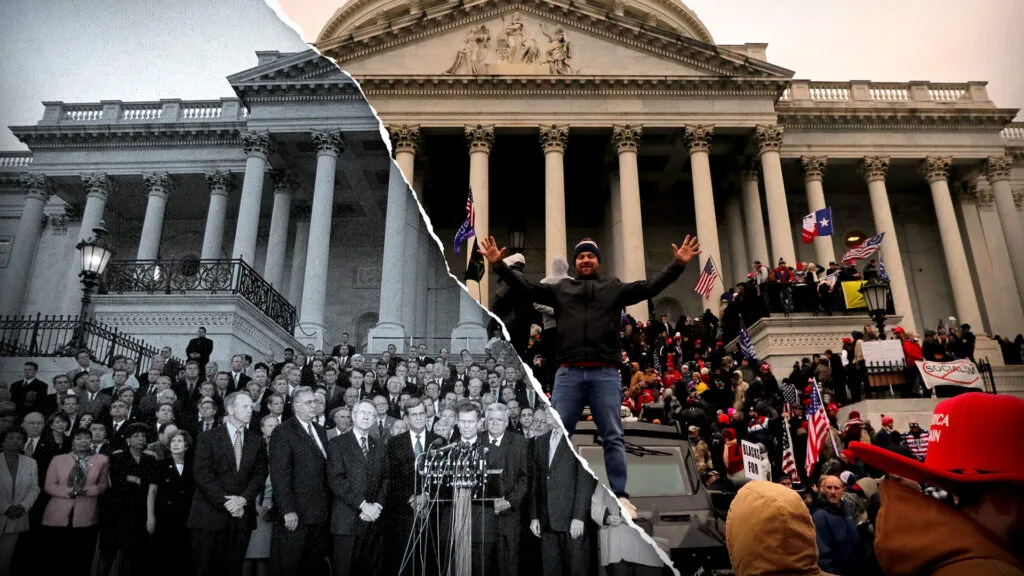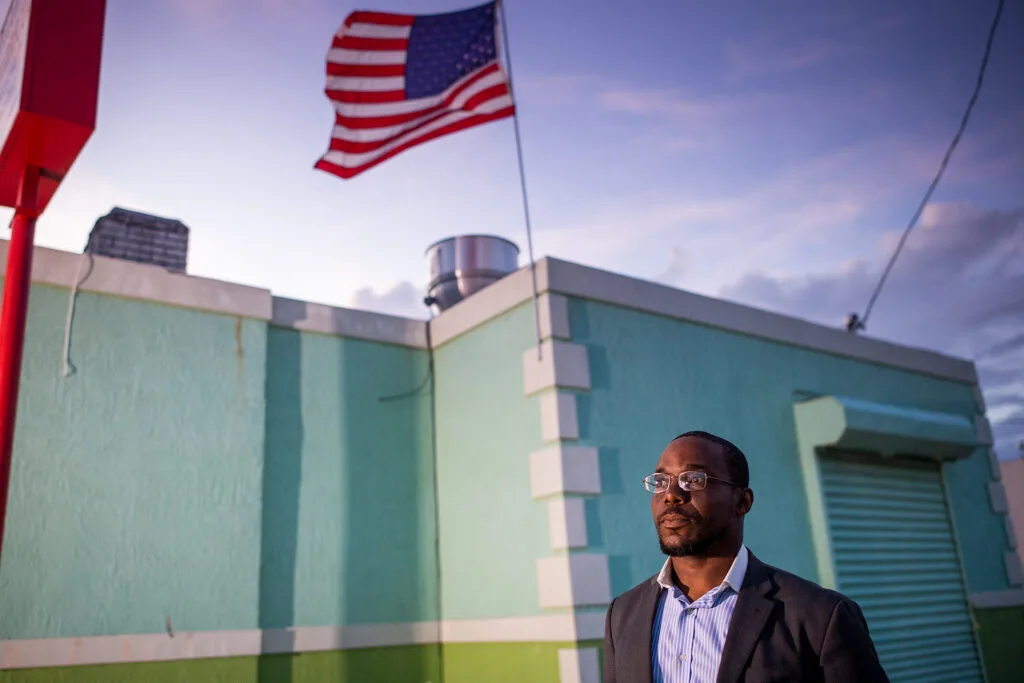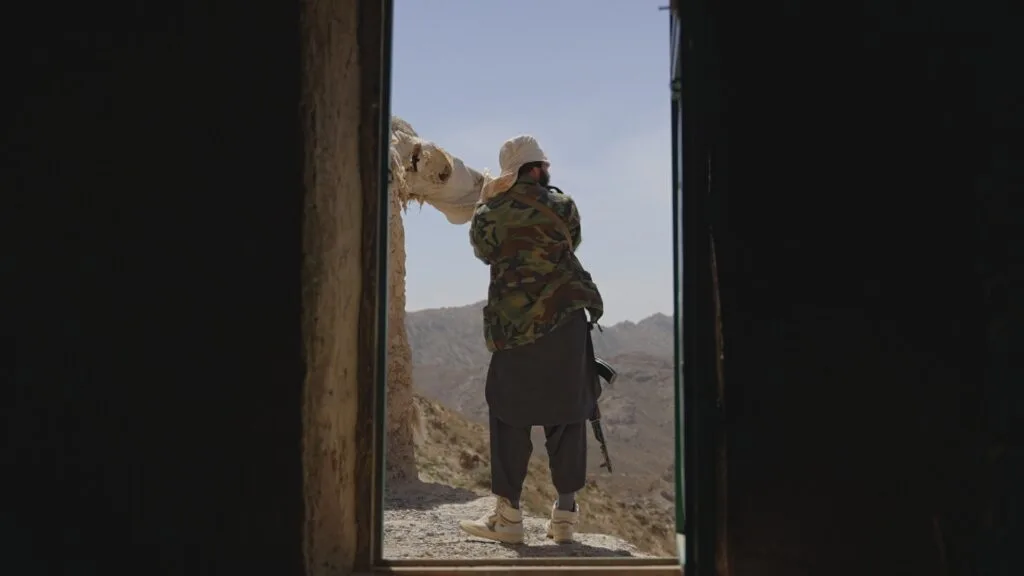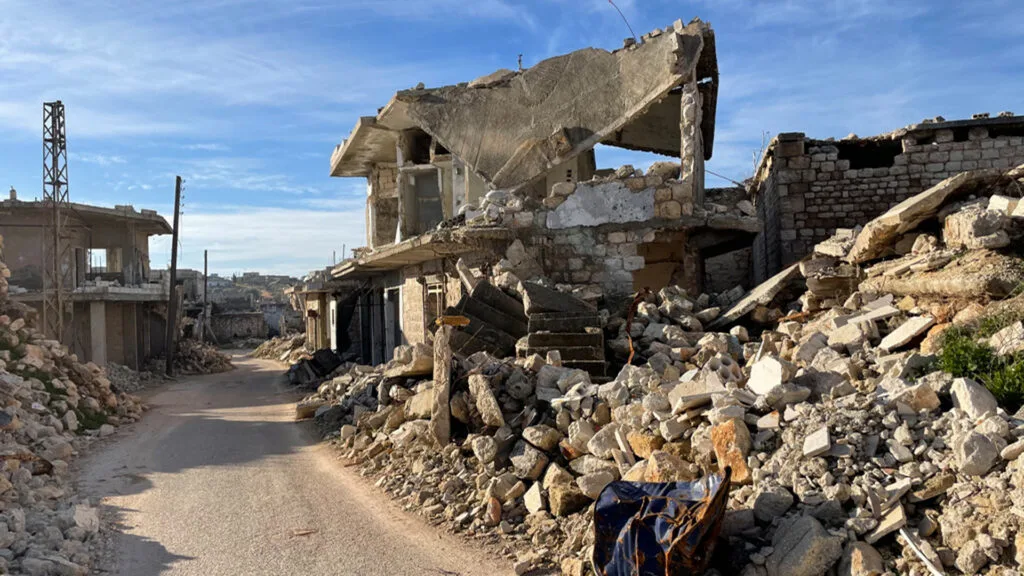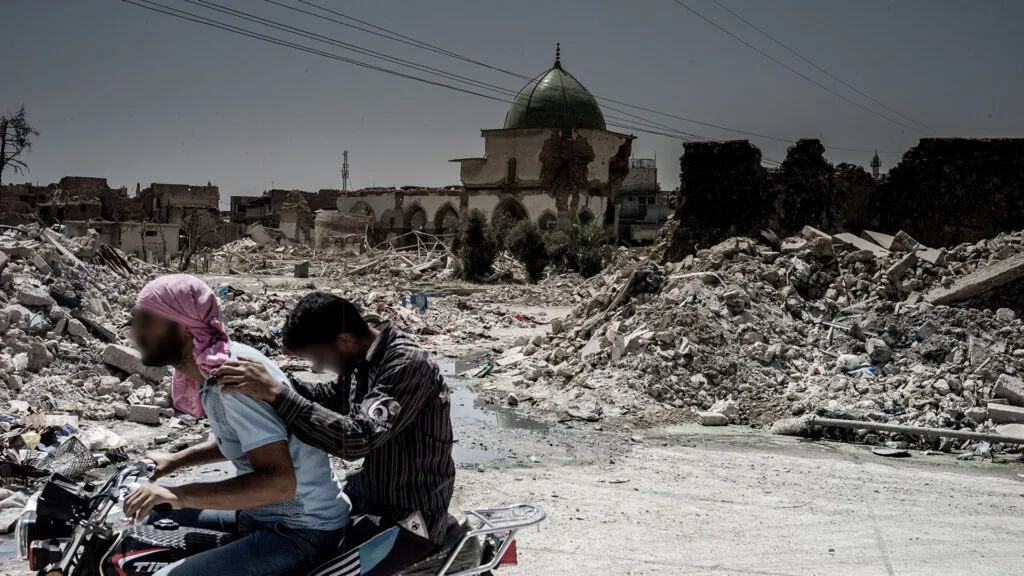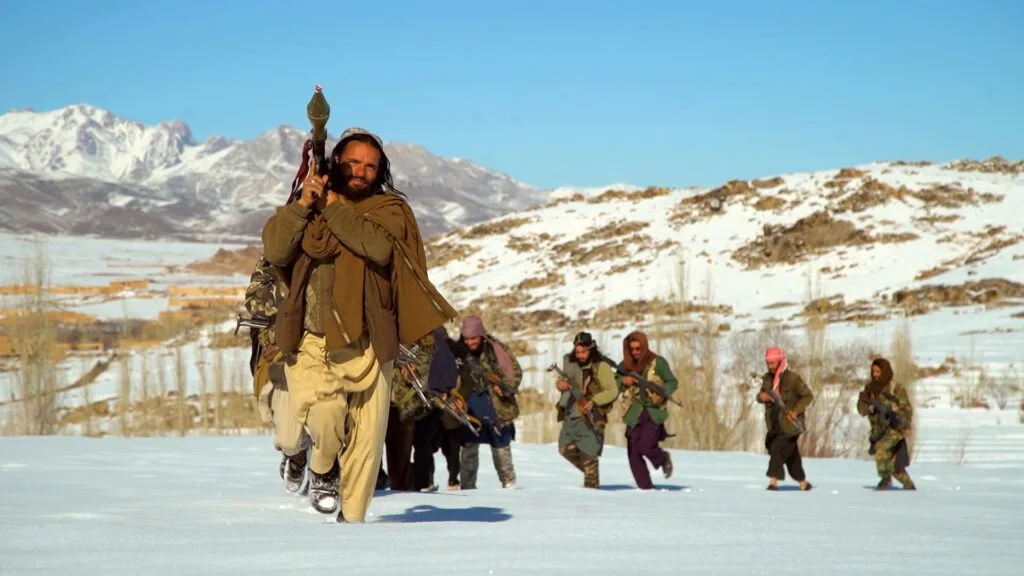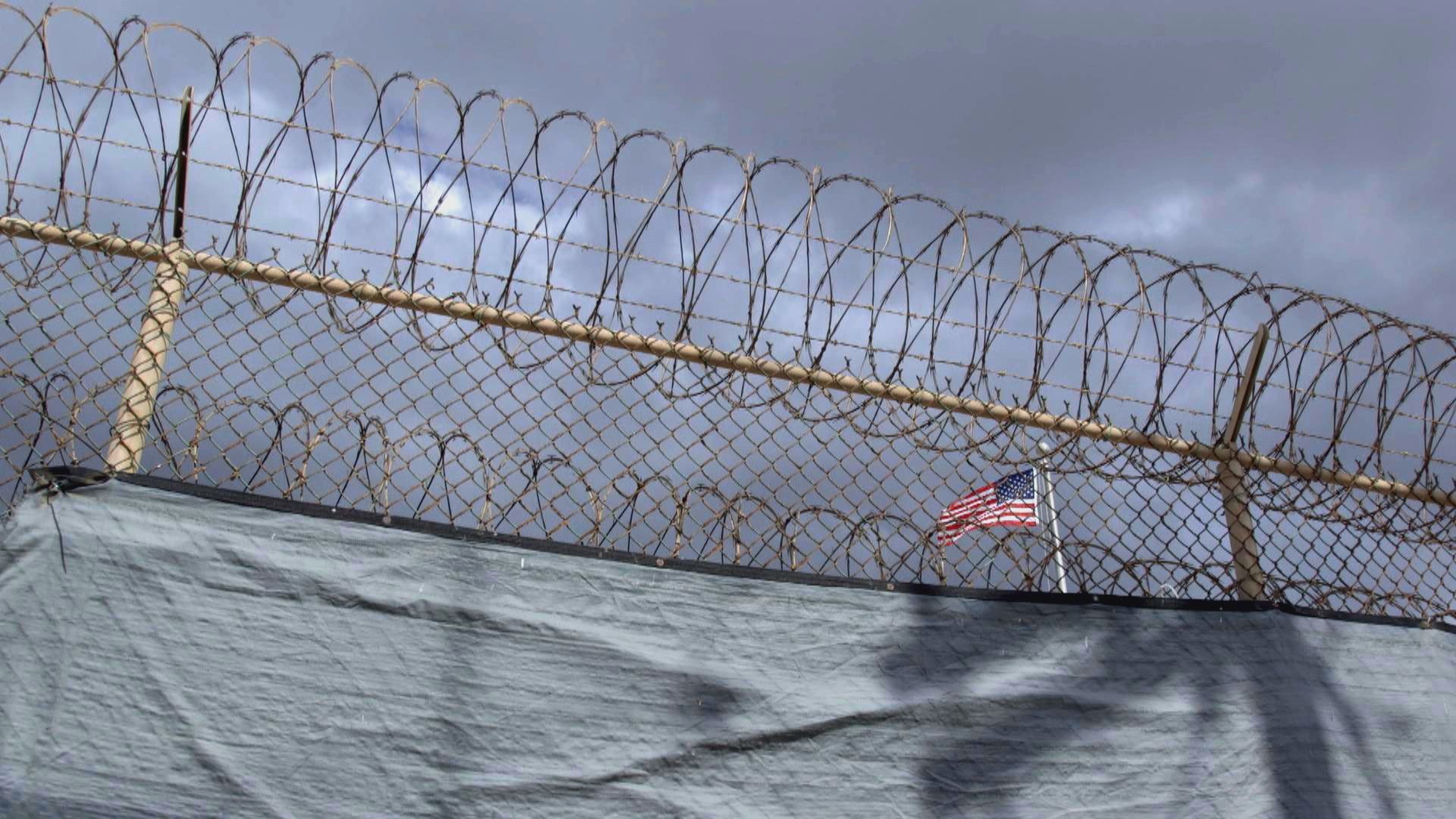Judge Orders End to Mysterious “Censor” at 9/11 Trial
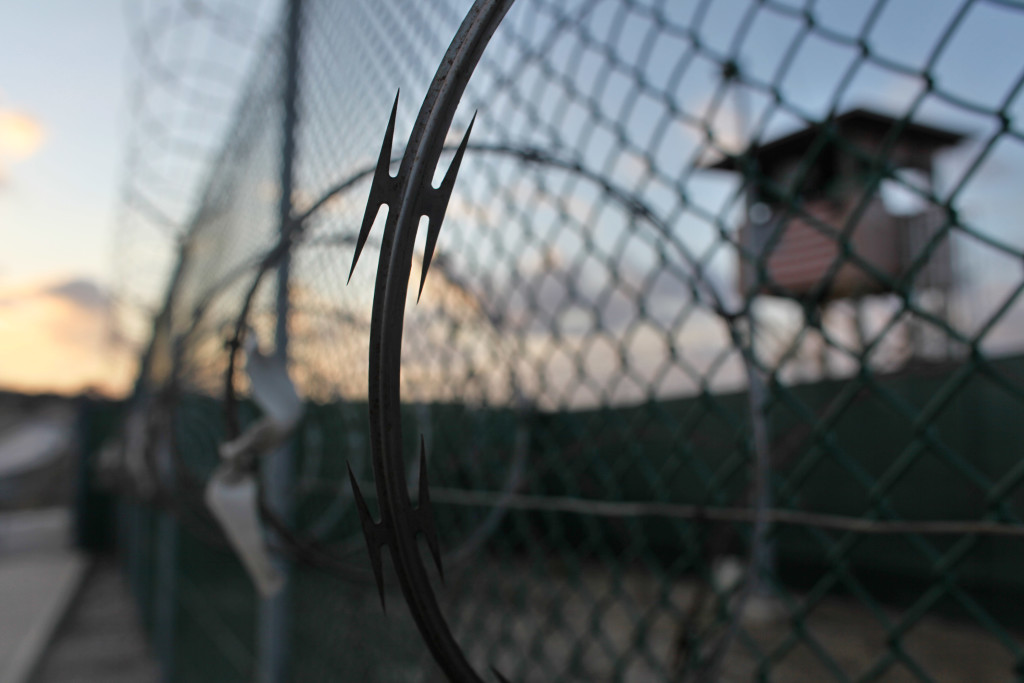
January 31, 2013
Share
The mystery censor behind Monday’s disruption of the military commissions hearings for 9/11 mastermind Khalid Sheikh Mohammed and four other defendants was again the center of attention shortly after court resumed today.
It had been widely understood that only the court security officer, who sits next to the judge, had the ability to hit the button that would cut off the feed from the courtroom. But on Monday, the security officer was taken by surprise when the security mechanism kicked in, and the judge was visibly angered by an unseen, external hand disrupting the court without his approval.
On Tuesday it was revealed one or more “Original Classification Authorities,” or OCA had killed the feed, apparently from an external location. In this case the OCA is presumably the CIA, as the feed was cut during discussion about release of information related to the CIA “black sites” where Mohammed was held before transfer to the prison at Guantanamo.
The judge sought to put the matter to rest today with a statement before the assembled court. “This is the last time that an OCA or any other third party will be permitted to unilaterally decide if the broadcast should be suspended,” Judge James Pohl said. “The commission will not permit any entity except the [court security officer] to suspend broadcast of the proceedings. Accordingly, I order the government to disconnect any ability for any third party to suspend the broadcast of these proceedings and also no third party to unilaterally suspend the broadcast of these proceedings.”
That was not enough for the defense attorneys, who wanted to know the identity of the external censor(s) and if there were other locations where they were being recorded. David Nevin, lead counsel for Mohammed, introduced an emergency motion to suspend the proceedings until that information could be made available. To give the prosecution time to respond, the judge will hear arguments on that motion when the hearings reconvene on Feb. 11.
Chief prosecutor, Brigadier General Mark Martins and several defense attorneys held a press conference after today’s court session ended. Under repeated questioning, Martins declined to identify the external censors or the location of the outside monitoring station.
When given the podium, Navy Commander Walter Ruiz, lawyer for co-defendant Mustafa al-Hawasawi, turned the tables on reporters, asking them questions: “Do you think you got the answer to your question? Did you get straight answers today? … Is this a system you can believe in?” he asked, his face tense with frustration. “I think the answer is obvious. … This is a counterfeit system of our values, our ideals. … We want to buy the illusion of justice, and we can’t do it with this phony currency.”
In another dramatic development, Judge Pohl approved a defense request to call the head of the military commissions, Retired Adm. Bruce McDonald, as a witness. The defense wants to question McDonald to determine if he exercised “unlawful influence”– a concept derived from military law in which it is illegal for a higher-up in the chain of command to say or do anything that could affect prosecutions taking place under him.
The prosecution objected strenuously that there was no evidence to justify calling the convening authority to the stand. But the judge disagreed, saying the issue of unlawful influence was “of critical importance” — meaning that in an upcoming hearing, the man in charge of military commissions will find himself on the witness stand in Guantanamo Bay.
Related Documentaries
Latest Documentaries
Related Stories
Related Stories
Explore
Policies
Teacher Center
Funding for FRONTLINE is provided through the support of PBS viewers and by the Corporation for Public Broadcasting, with major support from Ford Foundation. Additional funding is provided the Abrams Foundation, Park Foundation, John D. and Catherine T. MacArthur Foundation, Heising-Simons Foundation, and the FRONTLINE Trust, with major support from Jon and Jo Ann Hagler on behalf of the Jon L. Hagler Foundation, and additional support from Koo and Patricia Yuen. FRONTLINE is a registered trademark of WGBH Educational Foundation. Web Site Copyright ©1995-2025 WGBH Educational Foundation. PBS is a 501(c)(3) not-for-profit organization.
